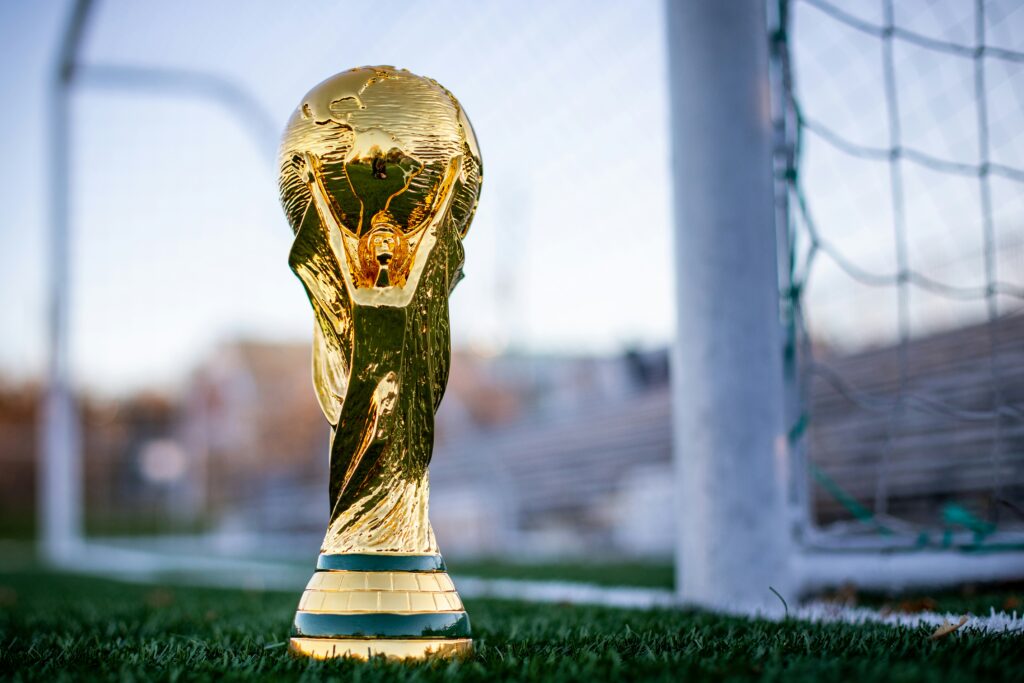Navigating Special Event Permitting for the 2026 FIFA World Cup
Sam Menino
May 19, 2025
About FIFA World Cup 2026
The FIFA World Cup ’26, the world’s premier international football competition, is set to be the most expansive tournament in the event’s history – spanning three countries, 16 host cities, and welcoming millions of fans from around the globe. With the spotlight shining on cities across the U.S., Canada, and Mexico, this is once-in-a-generation opportunity for brands, agencies, and event producers to engage fans on a massive scale.
FIFA World Cup is scheduled to be played between the months of June and July, with the opening match set to take place on Thursday, June 11th, 2026. The World Cup Final is scheduled on Sunday, July 19th, 2026, in New York, New Jersey. A total of 16 stadiums have been chosen to host the games across Canada, Mexico, and the United States.
With so much excitement and opportunity for engagement, bringing your brand to one or many of the various stadiums across the USA and Canada during FIFA World Cup matches is a no-brainer. But with great visibility comes great complexity. From city regulations, to clean zones, to FIFA marketing restrictions, hosting an activation, pop-up, or live event during the World Cup requires strategic permitting and compliance planning.
That’s where EventPermits, your USA permitting partner, comes in.
Why Permits Matter More Than Ever
When global events like the FIFA World Cup comes to town, everything changes: street access, security, signage laws, and public space usage – all become highly regulated. Without the proper permits, your event could face delays, shutdowns, or even fines.
EventPermits works directly with local jurisdictions, host city organizing committees, and property owners to navigate clean zones and secure the necessary permissions – quickly, legally, and efficiently.
What Types of Events Require a Permit?
Whether large or small, public or private, all branded activities during the FIFA World Cup will require some level of municipal or state approval. These include:
- Experiential marketing activations
- Fan zones, watch parties /live broadcasts
- Pop-up retail installations
- Street closures or block parties
- Food & beverage activations
- Branded pop-ups
- Temporary structures (e.g. stages, tents, LED walls)
- Live music, amplified sound, or alcohol service
- Gatherings in public parks or plazas
And remember, even private events may be subject to increased scrutiny if they occur near a stadium, official FIFA venue, or within a city’s special event zone.
